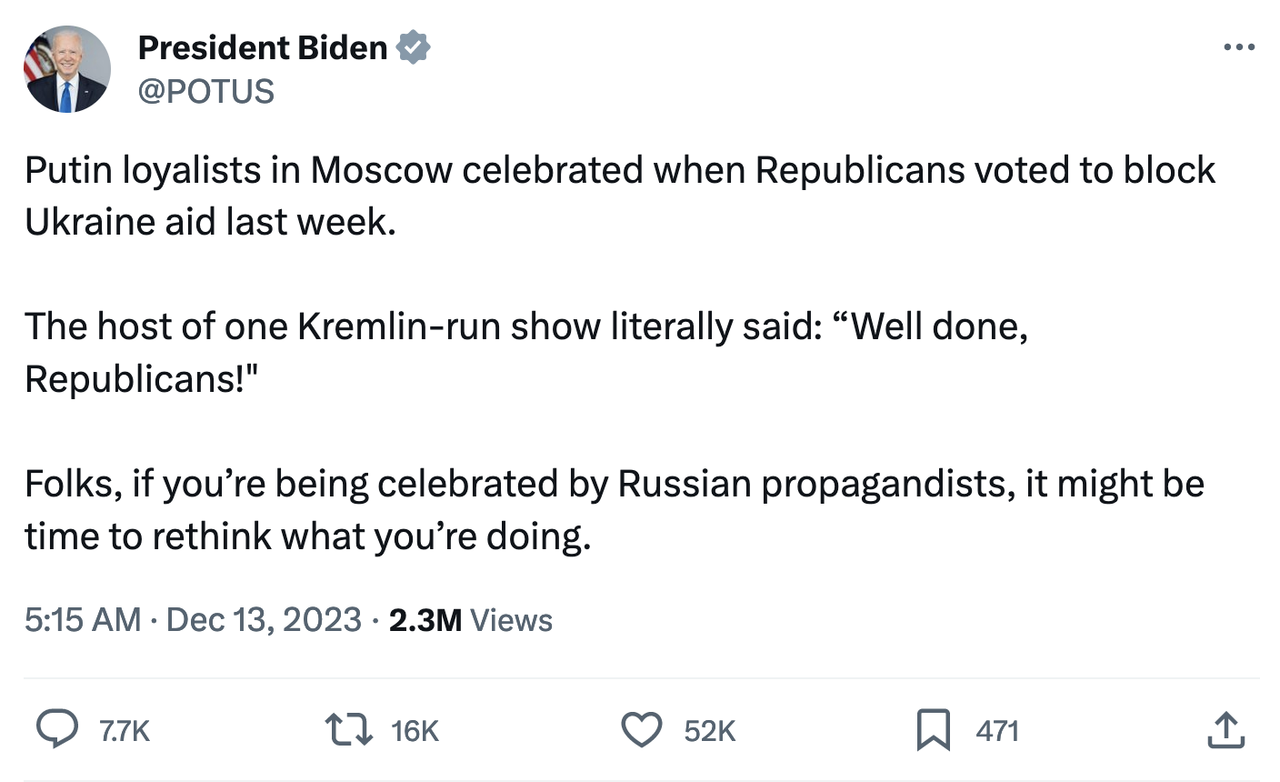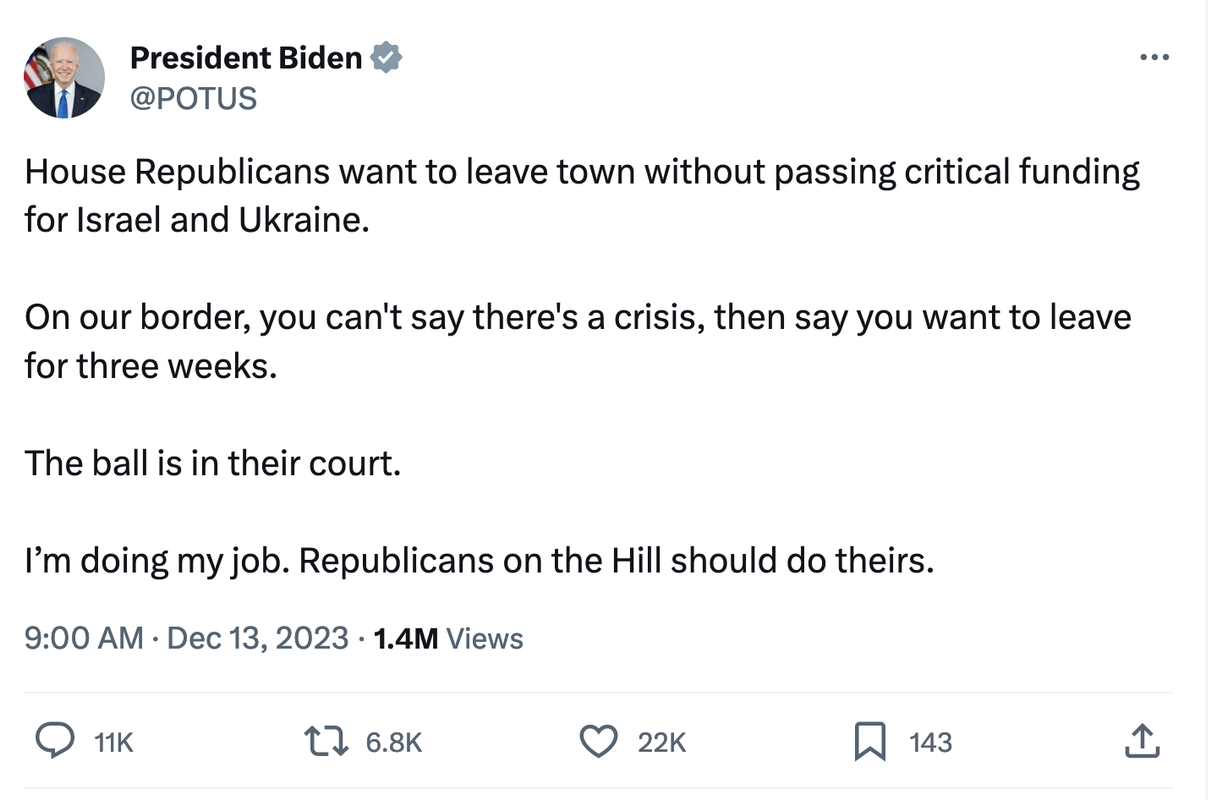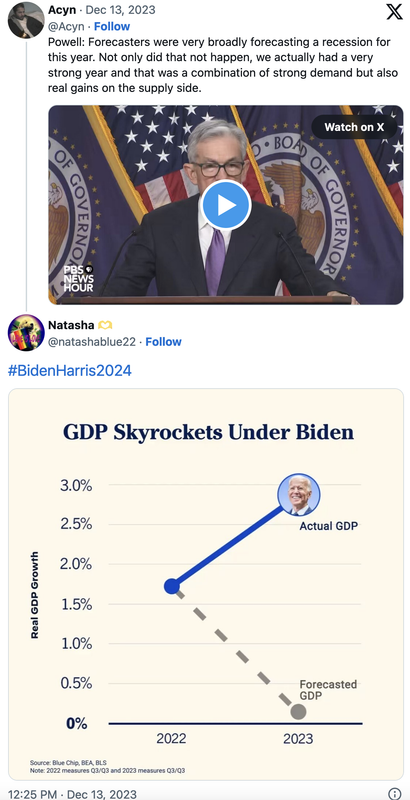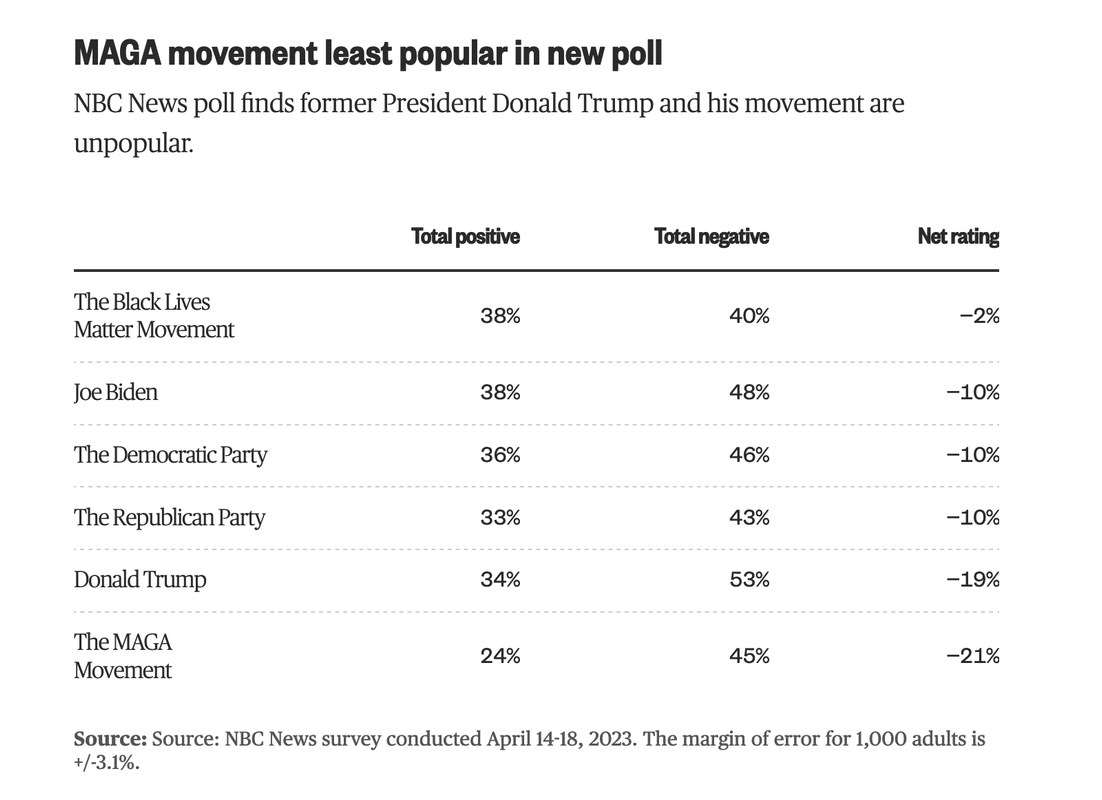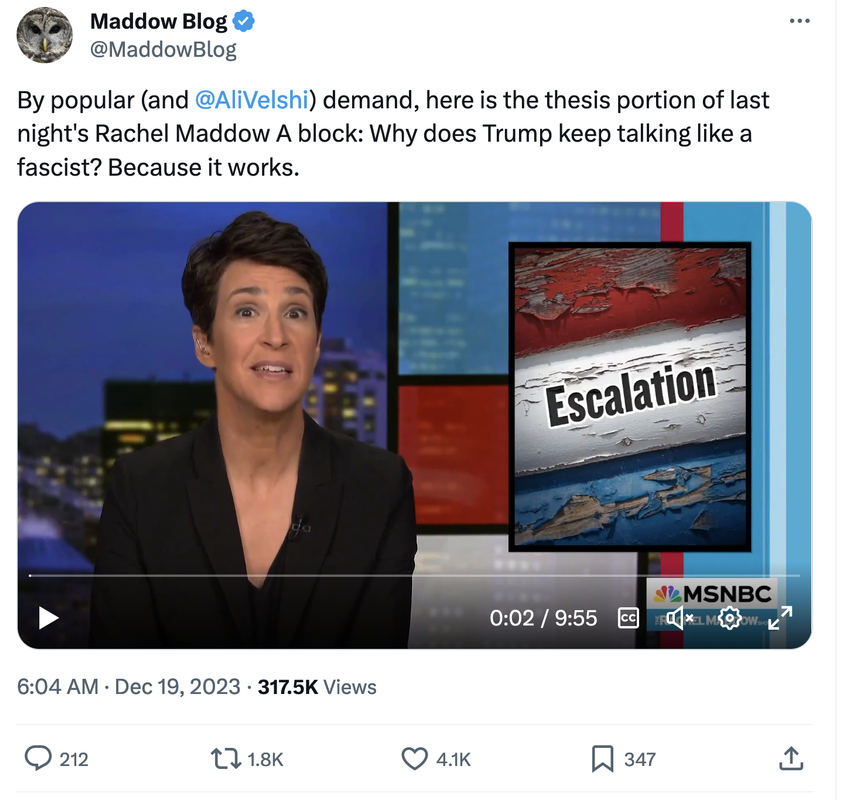Grizzlor says I would vouch for him not being a Trumpist. Due to recent posts and events, I'll need to take a couple days' distance to think about it and get some second opinions from some friends.
**
I've spoken with some aerosol specialists and medical doctors about certain claims in this thread. The response has been less about facts and figures and studies, but more about what reflects medically-oriented thinking for patient health and what does not reflect medically-oriented thinking for patient health.
One claim in this thread was that healthy people under 30 can't get seriously ill from COVID or flu and don't need vaccinations. From a medical standpoint, this is false. A 'healthy' immune system of any age can be susceptible to infection from current strains of COVID and flu, and each infection comes with risk of high severity illness and potential complications: pneumonia, respiratory distress, organ failure, septic shock, blood clots, heart attacks, strokes, injury to the heart, brain, kidney and liver, and symptoms remaining well after the infection has passed. Pre-infection health in no way precludes severe COVID and flu illness and complications. No serious medical professional would rule out the possibility of serious illness from flu and COVID based on age and vaguely defined general health. COVID is particularly dangerous because the non-immunized immune system has often failed to recognize the virus to reliably mount a defense.
There was another claim: that updated vaccines should not be considered effective because they are rolled out too quickly to receive comprehensive clinical trials to determine how much protection they provide against current variants and therefore have no known efficacy. From a medical standpoint, this too is wrong. Certainly, current COVID-19 vaccines can only be produced fast enough to target the recent ancestry of current variants instead of the actual variants of today, and due to viral mutation, there is a lack of specific data as to cross-variant antibody application on current variants. But the protection of a vaccine is not reviewed solely in terms of population-wide percentage values of risk reduction. A vaccine is also reviewed in terms of the underlying mechanism of how the vaccine teaches the body to recognize and defend against infection.
COVID is a recurring global problem because the immune system often fails to recognize and respond. mRNA vaccination, while effective in teaching the immune system to develop antibodies, has seen diminished effect in memory cell responsiveness after six months. In addition, viral mutations mean that the immune system's ability to recognize new strains of COVID for a targeted response is shaky; new variants can evade natural viral recognition and waning memory cell responsivity.
An updated vaccine teaches the body to recognize the lineage of current variants and will raise viral recognition capacity. That capacity, due to the limits of lineage targeting, cannot completely prevent infection. However, the 2022 boosters and new formulations showed sufficient cross-application to broadly defend against severe illness, complications and prolonged symptoms. An immune system with renewed viral recognition is obviously better equipped than an immune system that lacks recognition towards current COVID lineage.
From a medical standpoint, a non-definitive level of protection is not the absence of protection, but rather protection that exists on a spectrum. From a medical standpoint, patients are encouraged to be inside that spectrum of protection rather than outside it.
A subsequent argument in this thread was that masks have no definitive percentage of protection due to inconsistent standards of study and testing, and therefore cannot be said to protect. Medically speaking, it is incorrect to dismiss masking based on a lack of definitive, quantifiable results from real-world trials; as with vaccines, the underlying mechanism of masks is just as important to review.
The reality is that KF94, KN95 and N95 masks will filter 90 to 98 percent of viral particulate in the air before it's inhaled. This estimated range of protection is variable, depending on the strain/variant, ventilation, individual susceptibility, and how well-sealed and fitted the mask is; there is no definitive answer as to how much it reduces the risk of infection; statistical studies have been as wide as 60 - 94 percent in risk reduction. But once again, non-definitive protection is not the absence of protection, but rather a spectrum of protection, a spectrum on which a person can improve their position via diligence in mask wearing and selecting masks with adequate certification
The overall medical opinion I've received is: spike protein recognition, lineage-based vaccination and electrostatic filtration are proven mechanisms from well-understood principles. This means that their protection is significant, but numerous variables prevent a definitive answer as to how much protection they provide in the year of our Lord 2023 against XBB1.5 and future variants.
Variability in human behaviour, viral mutation, and environment will create variable results. But medically-informed reasoning does not equate variable results with no results, nor does it use that as a basis to ignore underlying mechanisms and principles.
Across my sampling of medical viewpoints, non-definitive levels of vaccine and mask protection means they offer a range of significant protection based on their mechanisms of protection. A range of protection should not be mistaken for no protection.
mRNA vaccines have been in use since 2013; the emergency rollout of COVID vaccines has been under constant study since 2021. mRNA vaccines, being central to a global pandemic, have been subject to heavy scrutiny, constant review and regular development. Generally, mRNA vaccines have been safe.
Individuals have had negative reactions to mRNA vaccines. A friend of mine with an autoimmune disorder can no longer get COVID shots due to sores and fever that lasted six weeks after a third dose. Her doctor has advised against further doses. RussianCabbie reported an adverse reaction that made further doses impossible. General safety has not been universal safety. My sampling of reasoned medical responses to that has not been to dismiss vaccination, but to encourage people with concerns and specific medical issues and bad experiences to consult their physician on their specific situation.
Also, this does not mean that every treatment should be accepted with total credulity. We should have skepticism towards treatments and preventatives there is an absence of quantifiable results or proven mechanisms of result.
For example, a number of doctors with whom I have spoken will often encourage patients with colds to improve their defenses with herbal supplements such as North American ginseng, elderberry, and echinacea. Their argument in favour of these herbs is that they are 'traditionally' used to treat respiratory infections.
By their own admission, from a medical standpoint: there are no scientific studies that have provided any explanation as to how these herbs stimulate antibody response, increase white blood cell production, reduce inflammation, or defend against viral infection beyond vaguely defined traditionalism. Actual clinical trials have shown weak and inconsistent results in whether or not these herbs offer any benefit. The clinical results could easily be reproduced with positive thinking and random chance. Herbal supplementation lacks results and offers no scientific rationale; vaccination and masks have actual results and a clear mechanism of effect.
In this thread, someone equated vaccines to seatbelts and remarked that seatbelts do not prevent all car accidents and that there is no consensus on how much it prevents death in car accidents. From an automotive safety standpoint, this lack of consensus would not be a rationale to skip installing seatbelts, brakes, and headlights. Non-definitive results are not an absence of results, nor do non-definitive results dismiss underlying mechanisms and principles.
Human behaviour and engineering errors may mean seatbelts, brakes, and headlights aren't always well-engineered or maintained, but the principles and mechanisms of seatbelts, brakes and headlights are scientifically sound. Variable results isn't reason to not have them or fail to use them but in fact evidence that they should be used widely, refined constantly and maintained efficiently.
Automotive safety and public health are serious subjects. These are not topics for off-the-cuff responses or flippant reactions. Public health should be handled with thought and care and when we speak on the subject, we should ensure that whatever we say encourages safety and risk reduction.
In conclusion, I am throwing out all the ginseng and echinacea and elderberry that my doctor had me buy when I had a really bad cold that turned into pneumonia. The treatment was not dubious herbal extracts, but antibiotics. I am done with herbal supplements unless actual evidence to their efficacy becomes available. There are no proven mechanisms of function or reproducible results from these plant extracts.
In contrast, vaccines and masks have clear mechanisms of function with reproducible results that, from a medical perspective, indicate a spectrum of protection. A sensible person operating on medical principles of health and safety seeks to position themselves within that spectrum of protection as opposed to outside of it.
